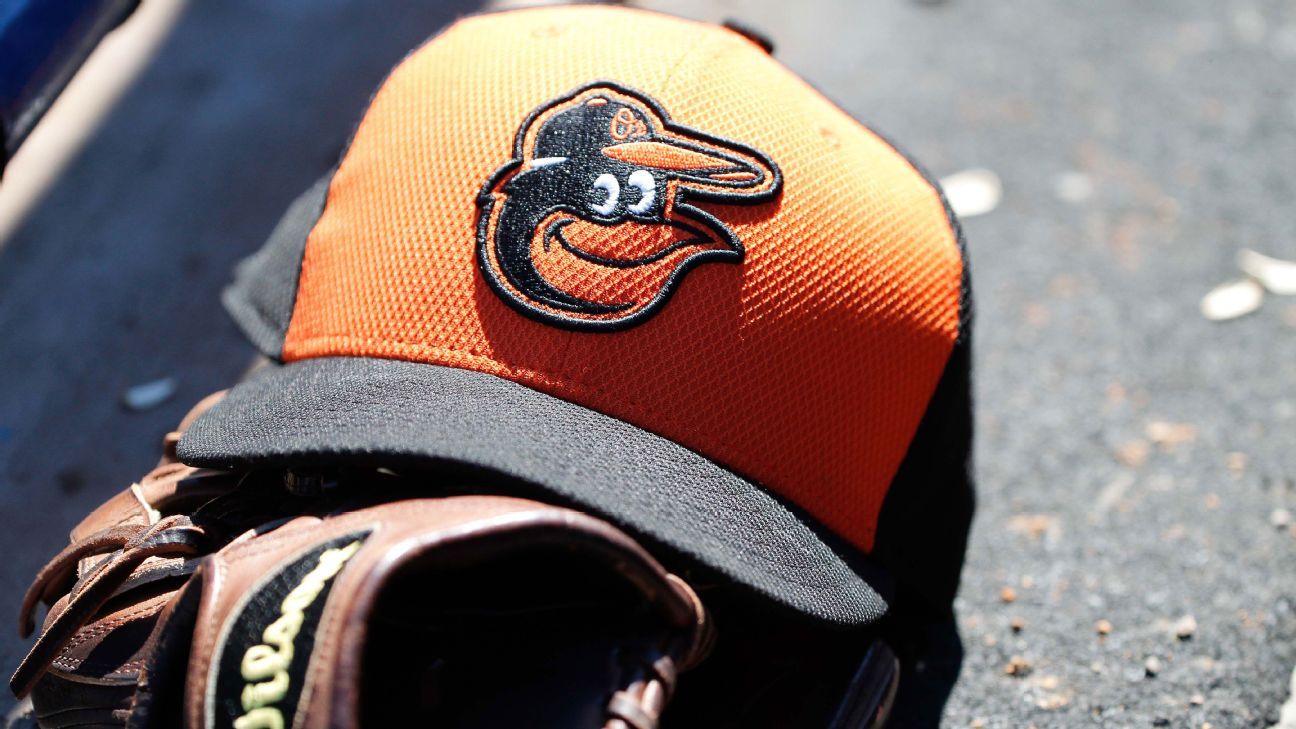
On the face of things, the first day of this series didn't offer much in the way of memorable cricket.
Oh, Dom Sibley will have nightmares about the one he left - his new abstemious attitude clearly has drawbacks - and we were reminded that our wonderful game is often confronted by an enemy far more familiar than Covid-19. With rain limiting play to tiny patches - one as short as seven deliveries; another just three overs - this was an immensely frustrating experience.
But what was it CLR James said about those "that only cricket know?" For away from the action, unrecorded by the scorecards or data analysts, this was a significant day in the history of our sport.
Not so long ago, someone in the administration of cricket would have decided that taking a knee was a political gesture. Just as, not so long ago, someone in the administration of the sport would have responded to Michael Carberry's recent comments with denials and legal threats.
But as Bob Dylan put it at the height of the civil rights movement, the times they are a-changing. It's just they haven't a-changed enough. As footage of the murder of George Floyd suggested, we haven't come as far as we should have done since Dylan was singing about Hattie Carroll, Medgar Evers and Reuben Carter.
So, to see the players of both sides pause before the first ball was bowled and take a knee as an expression of support for the Black Lives Matters (BLM) movement was important. It wasn't just the players, either. The entire squads, support staff, selectors and umpires, too. Combined with some passionate testimony from Sky's commentary team - Ebony Rainford-Brent and Michael Holding, in particular - it sustained the impression that we are at a watershed moment for our game.
The point is: cricket is, in general terms, a conservative sport. It was administered until relatively recently by MCC, an exclusive members' club in London which only started to allow women to join 22 years ago. It has tended - as the D'Oliveira case suggests - to look the other way when issues of morality or social justice are involved. So to see the sport united in acknowledging its role in society, its own shortcomings and embracing a need to do better is an important milestone.
There may be details around the edges of what Carberry said, or what some involved in BLM profess, with which to take issue. That's fine. But there is also an understanding of the general truth contained within. And from that comes a greater willingness to listen and learn. And only from that base can change come.
ALSO READ: England, West Indies take a knee in moving tribute
In England, in particular, it will take a cultural change the like of which the game has arguably never undergone. An administration that takes the issue seriously probably doesn't employ a man once suspended for a racist outburst to lead one of the new Hundred teams, or employ veterans of rebel tours to apartheid South Africa without consideration for the message that sends.
But it's more than that. It's the entire game - from its private school heartlands, its disappearance behind a paywall, its £40 joining fee for All Stars - has become elitist in a financial sense. As so often, The Simpsons put it best when they wrote: "Our prices discriminate because we can't".
It's been suggested in recent days that the trophy between these sides, currently the Wisden Trophy, might benefit from renaming; a name that better encapsulates its history and relevance. There have been many suggestions, not least those incorporating some of the great names - Sir Garfield Sobers, Sir Vivian Richards, Michael Holding et al - who have featured in these series over the years.
But how about the CLR James Trophy? In a moment, it recognises a past beyond the on-field action. It recognises the unique history between these teams and the nations from which they are drawn. And yes, it recognises a past that includes slavery and colonialism. It encourages conversation around those issues while still celebrating our great game.
So, while Wednesday's 17 overs of action may be forgotten soon enough, the pre-play gesture was truly significant. It showed, from West Indies, a refusal to accept a continuation of what has gone before and from England a humility in acknowledging the need to change. But the gesture, welcome as it was, has to be the start of a journey and not the destination.















 Phone: (800) 737. 6040
Phone: (800) 737. 6040 Fax: (800) 825 5558
Fax: (800) 825 5558 Website:
Website:  Email:
Email: 






